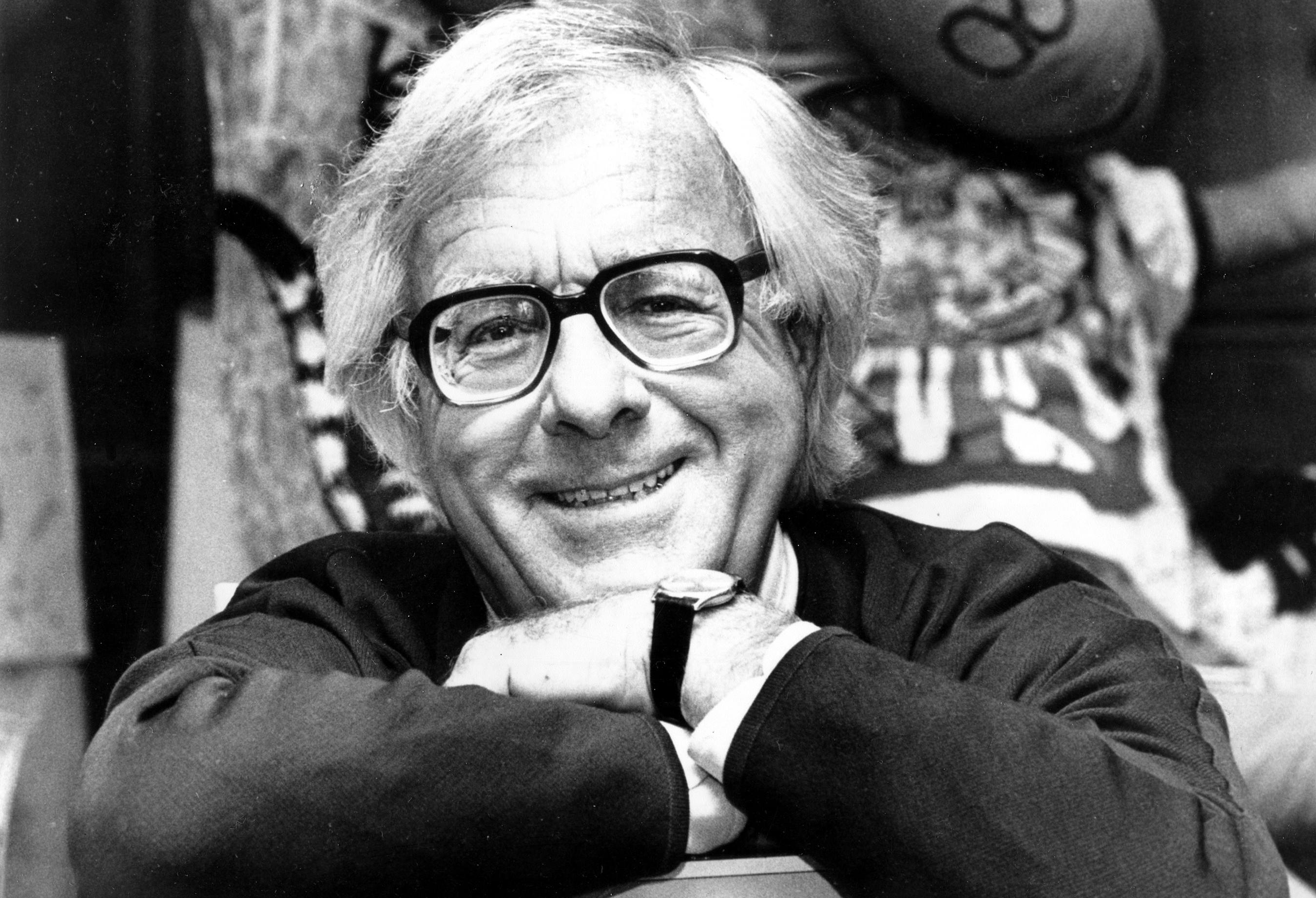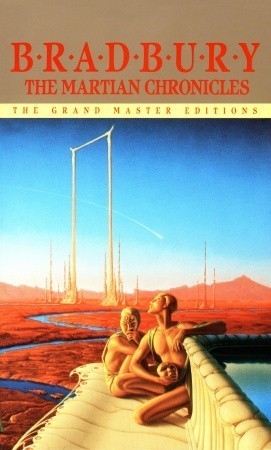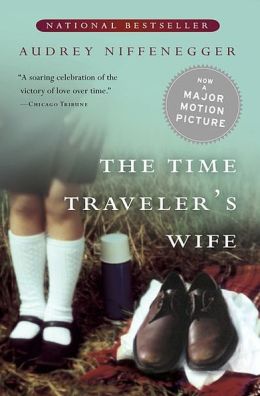When I was listening to the introduction of this book, Clarke said that he wanted to write a book that would still be plausible when 2001 came around. He didn't want the book to seem dated as the years went on. And, other than the fact that he was referring to Russia as the USSR (and really, who could have predicted that), I'd have to say he did a pretty good job of that.
There's a lot in the book that is futuristic, but no so out there that it's unfamiliar to me as a reader. Sure, we haven't been to Saturn, but the fact that they're getting there by rocket power makes it seem like it's something that we COULD do soon.
However, you know I'm all about endings and I felt this book left more questions unanswered than it answered them. The book just kind of... ended in a way that made me feel like it was ending mid sentence. I realize that there are sequels to the book, and maybe I need those to get some sort of satisfaction, but usually even when it's a series, there's SOME sort of ending to the book, and I just didn't feel like this had it. I didn't feel that by picking up the next book, I was going to get the answers I was looking for.
In terms of the sci-fi books this month, I'd say this was the biggest disappointment.
I didn't like the movie, but I recognized that Kubrick tends to have a... let's call it a "unique interpretation." (I haven't read all of The Shining but I know it's different from the movie.) So I knew I should read the book separately.
I didn't like the book either. I don't know if I just couldn't force my brain to forget about the movie, or if I wouldn't have liked it in the opposite order, but it just didn't grab me.
One thing I did like is the same thing Cassy mentioned: continuing plausibility. For the most part, Clarke made good predictions based on at-the-time current knowledge.
I didn't like the book either. I don't know if I just couldn't force my brain to forget about the movie, or if I wouldn't have liked it in the opposite order, but it just didn't grab me.
One thing I did like is the same thing Cassy mentioned: continuing plausibility. For the most part, Clarke made good predictions based on at-the-time current knowledge.









































